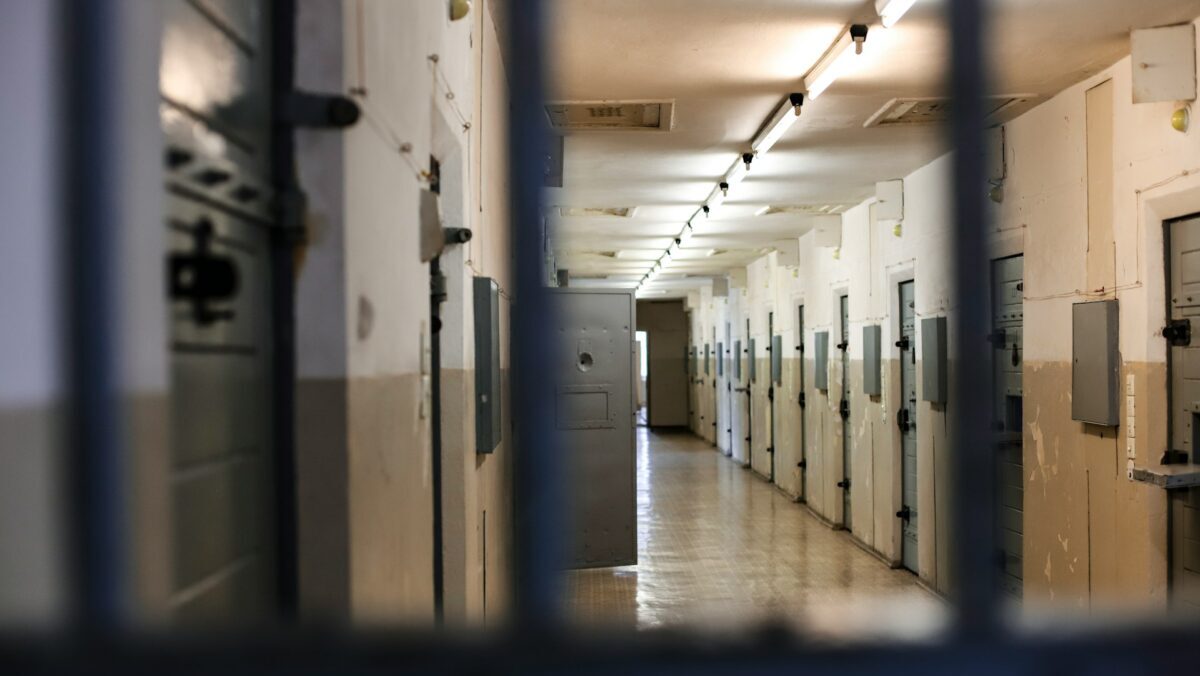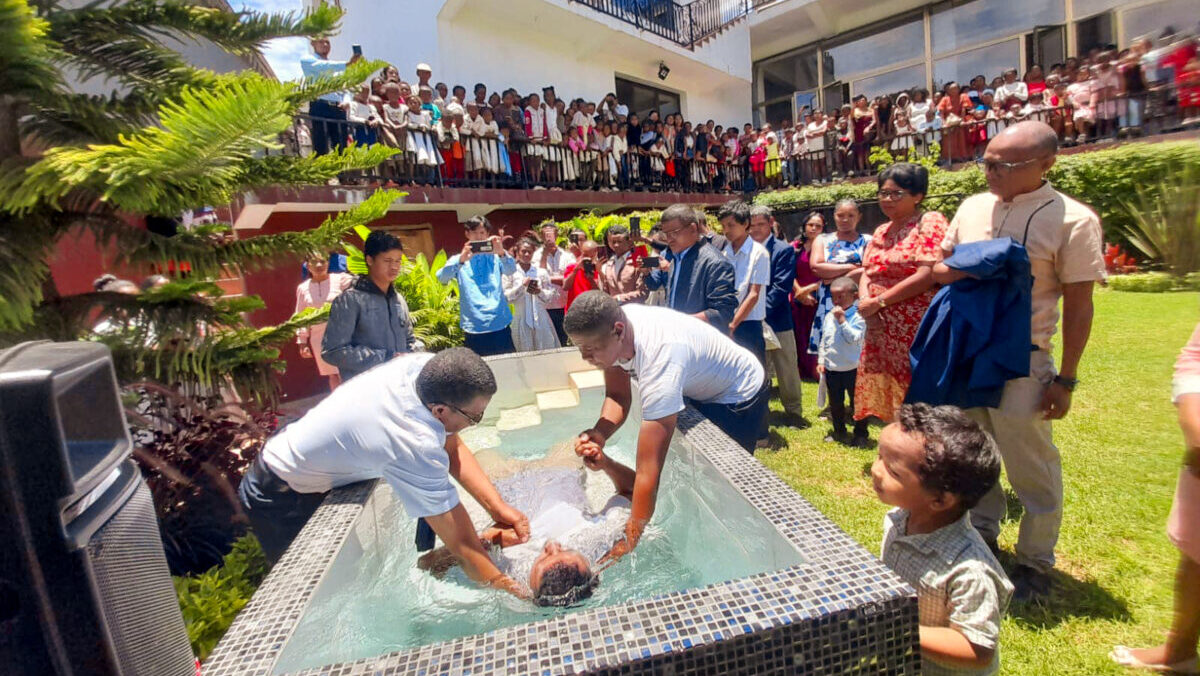Thirteen prisoners in Eritrea were released just days after an organization devoted to helping persecuted Christians started a prayer movement for believers imprisoned in the East African nation.
On July 22, The Voice of the Martyrs (VOM) sent an email urging Christians to pray for the release of Haile Nayzgi and Kiflu Gebremeskel, both arrested in 2004 for their leadership of the underground church in Eritrea. VOM also provided information on how to contact the Eritrean embassy. Six days after the email went out, they heard from ministry partners in the country that 13 Christians imprisoned in Eritrea had been released.
“We may never know this side of heaven exactly how all those pieces fell into place,” said Todd Nettleton, VOM’s spokesperson. But the organization believes it’s not a coincidence the release happened so soon after the call to prayer and action.
The released men and women had all been imprisoned for 10 years or longer. While Nayzgi and Gebremeskel remain in prison in Eritrea, VOM has an online petition for their release and for others still held in the country.
‘They’re our family’
In 2002, Eritrea’s government shut down activity for all but three denominations operating in the country. The country’s president, Isaias Afwerki, was educated in China and embraces the Communist idea that religion isn’t to be trusted, Nettleton explained.
Immediately, most churches in Eritrea went underground, he said. They met in homes or late at night, doing whatever they could to avoid government interference and persecution. Many Christians were arrested and then imprisoned without a trial.
“They get picked up and they disappear into the prison system. And sometimes they come out, and sometimes they don’t,” Nettleton said.
“It’s not like they have a prison sentence and they’re counting down the days until the sentence is over,” he said. “They don’t know how long they’re going to be there.”
Without the hope of a release date, he said, their hope must come from the Lord.
VOM has heard reports of the terrible conditions they face. One woman imprisoned more than 30 months described being held for most of that time in a metal shipping container. Other Christians have recounted being held in underground cells.
“We know the conditions are atrocious,” Nettleton said. What sustains prayer for persecuted believers, he said, is the knowledge that, for Christians, the people facing those conditions are our family members — brothers and sisters in Christ.
If one of his brothers was in prison, facing beatings every day, Nettleton said, no one would have to remind him to pray for his brother or contact officials to try to get him help. When we understand the family relationships within the body of Christ, the response is the same, he noted.
“Once that takes hold in our hearts, you don’t have to remind us to pray for them. You don’t have to remind us to do whatever we can on their behalf. They’re our family.”








